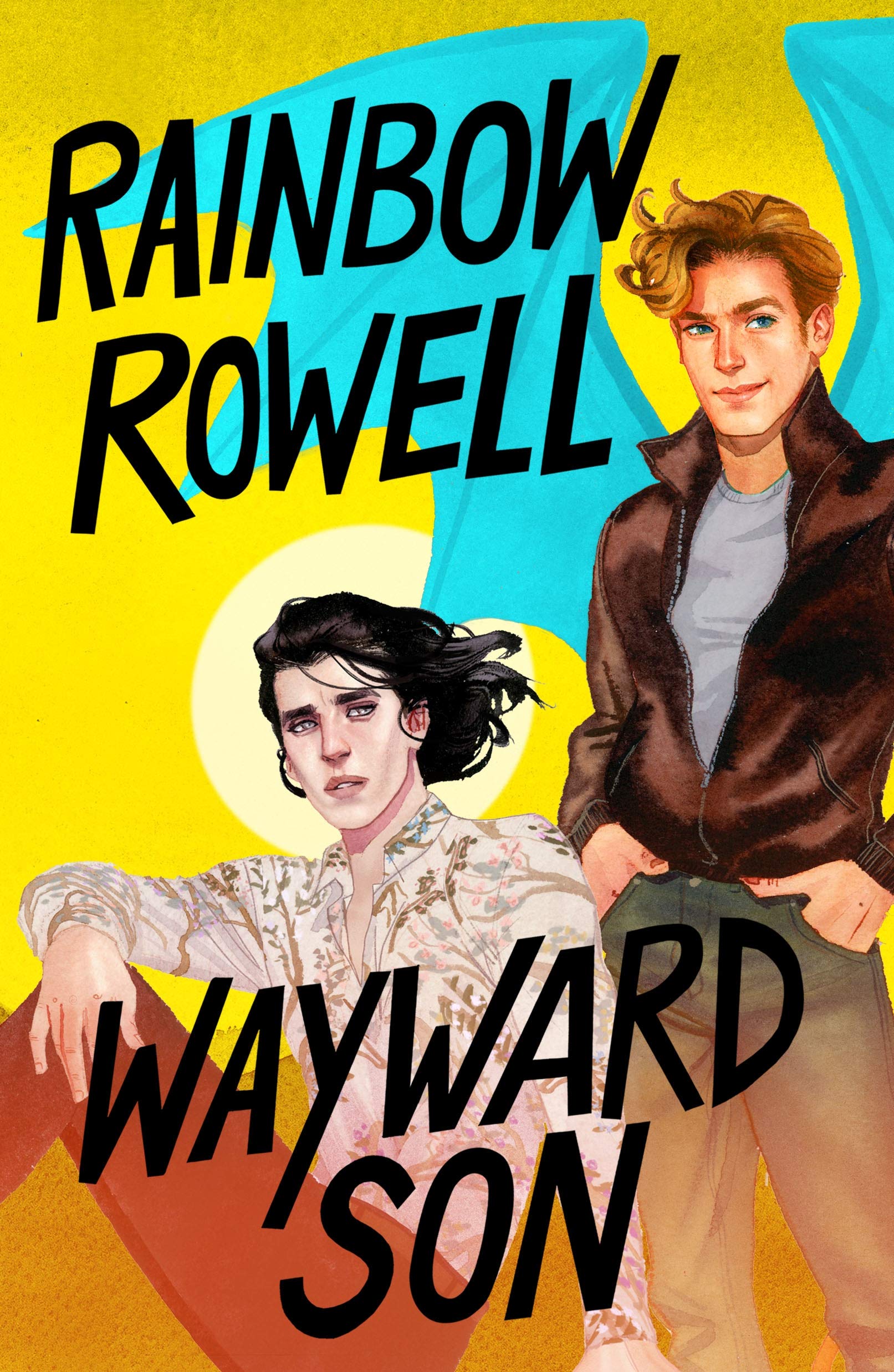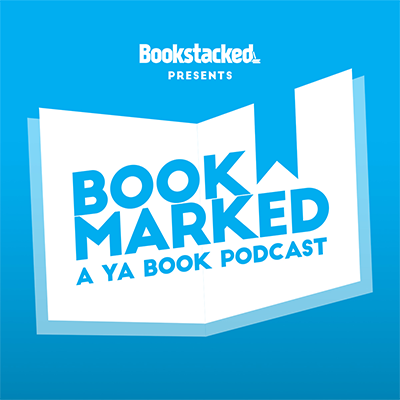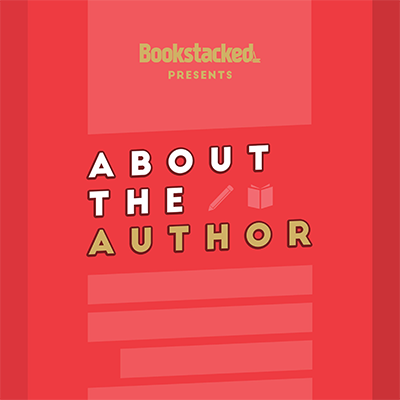Wayward Son by Rainbow Rowell manages to balance at the edge of a blade, with magical adventure on one side and subversive realism on the other.
The blurb:
The story is supposed to be over.
Simon Snow did everything he was supposed to do. He beat the villain. He won the war. He even fell in love. Now comes the good part, right? Now comes the happily ever after…
So why can’t Simon Snow get off the couch?
What he needs, according to his best friend, is a change of scenery. He just needs to see himself in a new light…
That’s how Simon and Penny and Baz end up in a vintage convertible, tearing across the American West.
They find trouble, of course. (Dragons, vampires, skunk-headed things with shotguns.) And they get lost. They get so lost, they start to wonder whether they ever knew where they were headed in the first place…
With Wayward Son, Rainbow Rowell has written a book for everyone who ever wondered what happened to the Chosen One after he saved the day. And a book for everyone who was ever more curious about the second kiss than the first. It’s another helping of sour cherry scones with an absolutely decadent amount of butter.
Come on, Simon Snow. Your hero’s journey might be over – but your life has just begun.
*Spoilers for Carry On*
Understanding Wayward Son requires a bit of a history lesson. Back in 2015, Carry On was Rainbow Rowell’s creative spinoff to her 2013 novel Fangirl. The heroine of Fangirl, Cather, centers most of her life on the Simon Snow book series. Cather is the popular fanfiction author of an ongoing work called ‘Carry On’, where Simon Snow falls in love with his roommate and arch-enemy, Baz.
Rowell, of course, then brought Simon Snow to life in Carry On. It was clever, fantastical, romantic and queer glory. Simon Snow saved the day, and he got the boy. That was supposed to be the end. But what does a magical hero do when he has no magic and no one needs saving?
He falls into an existential depression.
Rainbow Rowell has pulled off another, entirely different, magic trick with Wayward Son. All the characters in Carry On (Simon, Baz, Penny, Agatha, etc.) came from fantasy. They used to exist somewhere between fiction and wishful thinking, bound to the rules of books where endings are happy and no one thinks about the messy aftermath.
Wayward Son is so messy. It’s so good.
In Carry On, the characters act how they were supposed to act. In Wayward Son, they try to do the same thing, and it backfires. Simon isn’t in therapy. Baz still doesn’t like himself. Penny’s future is crumbling around her. Agatha is running from her own nature.
There are many frustrating elements in this book. The characters rarely communicate, and it’s painful to see Simon and Baz struggling in their relationship because they won’t talk to one another. But it makes so much sense, doesn’t it? They’ve spent 8 years hating one another rather than talking, after all.
Rowell’s writing style has only gotten better. It’s more haphazard, creative and jolting, which matches the tone of this sequel perfectly. The dialogue is just as witty as it was in Carry On.
All of the POV’s are unique, and there isn’t a single unlikeable character. They act and think like individuals, with their own flaws and prejudices. They’re all annoying in their own way, but that’s because they’re human. Mostly.
Also, America. It’s a perfect place for unsettling revelations, desolate thoughts and wonky magical creatures. Rowell paints America as a lawless place where every type of magic, old and new, lives. Unlike England, it’s a place with no roots or feral history, which is perfect for Wayward Son.
To keep it vague, the ending left off with multiple ongoing crises. Some related to relationships, others related to curses. Nothing was truly resolved, which is the biggest critique of Wayward Son.
However, in many ways, it’s an in-between book. Carry On was the shiny beginning, and the final book is set up to be a satisfying end.
Wayward Son is the fun-filled disaster in the middle.









Bookstacked Comment Policy
We welcome respectful comments. Our only rule is to be kind. Rude, hateful and generally mean-spirited comments will be removed.